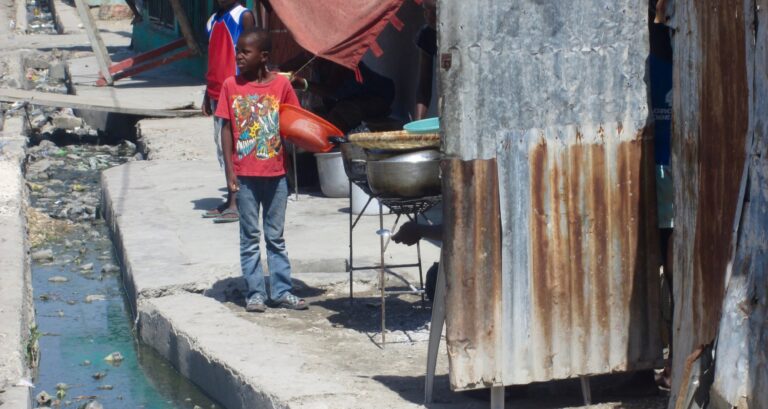From Fields to Futures, How Youth in Sumve Are Shaping Their Tomorrow
Sumve, is a remote village nestled in the Mwanza Region of Tanzania, I was struck by the vast stretches of farmland and the simplicity of life. The Wasukuma people, the largest ethnic group in Tanzania, have long relied on subsistence farming, cultivating crops like rice, maize, and cotton. Yet, beneath this pastoral landscape lies a burgeoning movement of youth eager to break free from traditional constraints and carve out new paths through vocational skills.
A Village Steeped in Tradition
Sumve’s rich cultural heritage is evident in its daily rhythms. The community’s reliance on agriculture has sustained generations, but with limited access to formal employment opportunities, many young people face a future constrained by the land. Education beyond primary school is a distant dream for most, and the allure of urban centers often leads to migration in search of better prospects.
Stories of Transformation
During my time in Sumve, I had the privilege of meeting several young individuals whose lives had been transformed through these programs.
Alex Jackson, a young man from Mkalama Village in the Morogoro region, was trained in modern maize production through the Skills for Employment Tanzania (SET) project. After completing his training, Alex returned to his community and introduced sustainable farming practices, significantly increasing crop yields and income for local farmers. His success story has inspired many in Sumve to consider agriculture not just as a means of subsistence but as a viable business venture.
Similarly, Nasra, a young woman from a neighboring village, participated in the DEEP program and learned digital marketing and e-commerce skills. She established a small online retail shop selling locally made crafts, providing a platform for artisans in her community to reach a broader market.
The Ripple Effect
The impact of these programs extends beyond the individuals directly involved. As more youth acquire skills and establish businesses, they create jobs, mentor peers, and contribute to the community’s economic development. The traditional mindset of agriculture as the sole livelihood option is gradually being replaced by a recognition of the value of diverse skills and entrepreneurship.
Moreover, these initiatives have empowered young women, like Nasra, to challenge societal norms and pursue careers in fields traditionally dominated by men. This shift is fostering greater gender equality and inspiring the next generation to dream beyond conventional boundaries.
Looking Ahead
While challenges remain, the strides made by Sumve’s youth are commendable. Continued support from organizations like Rise Fund Global, Swisscontact, and Asante Africa Foundation is crucial in sustaining and expanding these programs. By investing in vocational training, we are not only equipping young people with skills but also igniting a movement that can transform rural communities across Tanzania.
As I reflect on my time in Sumve, I am filled with hope. The youth here are not waiting for change—they are creating it. And in doing so, they are proving that with the right opportunities, even the most remote villages can become hubs of innovation and progress.




